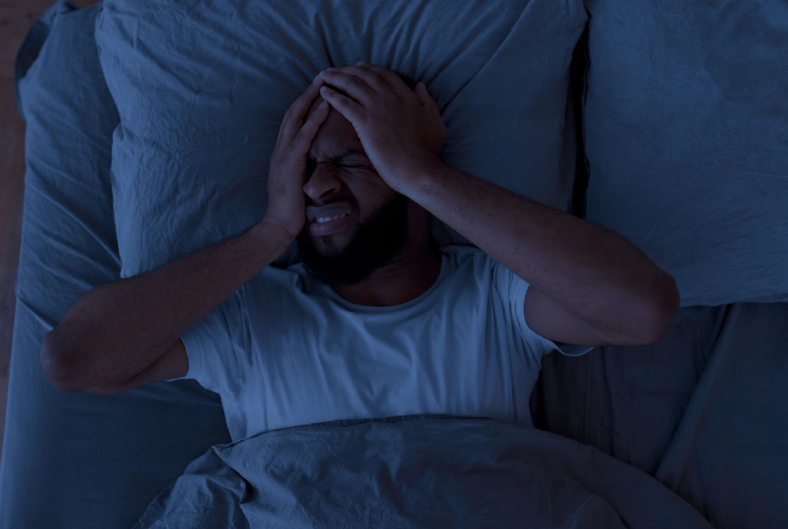Persistent anxiety and stress have been linked to a wide range of health issues and can have a negative impact on almost every organ system in the body.
You can practice the following strategies to lessen stress:
1. Take a stroll
Almost any sort of exercise can be used to relieve stress, but exercises like walking or running that require repetitive motions of large muscle groups can be especially effective at doing so since they share many advantages with meditation. When you exercise frequently, the advantages are greatest. Regular exercisers are less prone to experience anxiety than non-exercisers are.
This is due to a few factors.
- Stress hormone levels are reduced by regular exercise. Also, it aids in the release of endorphins, which are molecules that elevate your mood and function as organic analgesics.
- Your sleep quality can be significantly impacted by stress and anxiety; but, exercise can help.
- Daily exercise enhances mood and confidence, which in turn helps to support mental health.
- To reduce tension, worry, and anxiety, try to find an exercise program or activity you enjoy, such as yoga, rock climbing, dancing, or walking.
2. Tune in to calming music
It’s commonly known that music has calming effects. It has an emotional impact and is a powerful technique for stress relief.
Calming music helps reduce blood pressure, moderate the heart rate and pulse, lower the levels of stress hormones, and distract us from our anxieties.
People frequently avoid actively listening to music when they are anxious or overwhelmed. Possibly because there is so much to do and worry about that it seems like a waste of time.
But since our productivity increases when stress is reduced, including music in our day is a tiny effort that can have a big payoff.
Try playing CDs in the car, or listening while performing other vital duties like taking a shower or getting ready for the day, to incorporate music into a hectic life. When walking the dog, bring some portable music with you, or use music to relax before bedtime instead of watching TV.
3. Laughing
Laughter is the finest medication when looking for a great diversion. Laughing relieves unpleasant emotions. It is a good idea to have a backup plan, especially if you are going to be traveling a lot.
You feel better when you laugh. Endorphins, the body’s natural feel-good hormones, are released as a result. And even after the laughter stops, the positive emotion you get when you laugh is still present. During challenging circumstances, setbacks, and loss, humor helps you maintain a bright, upbeat view. It enhances happiness and passion for life, reduces tension and anxiety, releases stress, elevates mood, and builds resilience.
4. Contact your friends
We may be tempted to use phones and computers instead of face-to-face interaction in the digital age, especially if we feel vulnerable. But, because we are social animals, people need to feel appreciated, connected, and supported. According to studies, having a strong social network promotes happiness, improves health, and extends life. It aids in overcoming feelings of isolation and loneliness.
Create a list of the connections you have. You should try to stay in touch with these folks frequently since you can rely on them to help you. Reach out to them and request a particular kind of assistance.
Final Thoughts
Exercise causes the production of feel-good chemicals like endorphins and dopamine as well as the expression of brain-derived neurotrophic factor (BDNF), which can improve your mood and lower stress. Think about setting aside time for your physical well-being by maintaining a regular sleep schedule, choosing wholesome foods, or engaging in stress-reduction exercises like yoga or meditation.
Suave Concierge’s professionals will help you manage your stress.
So, get started by contacting us right away!

